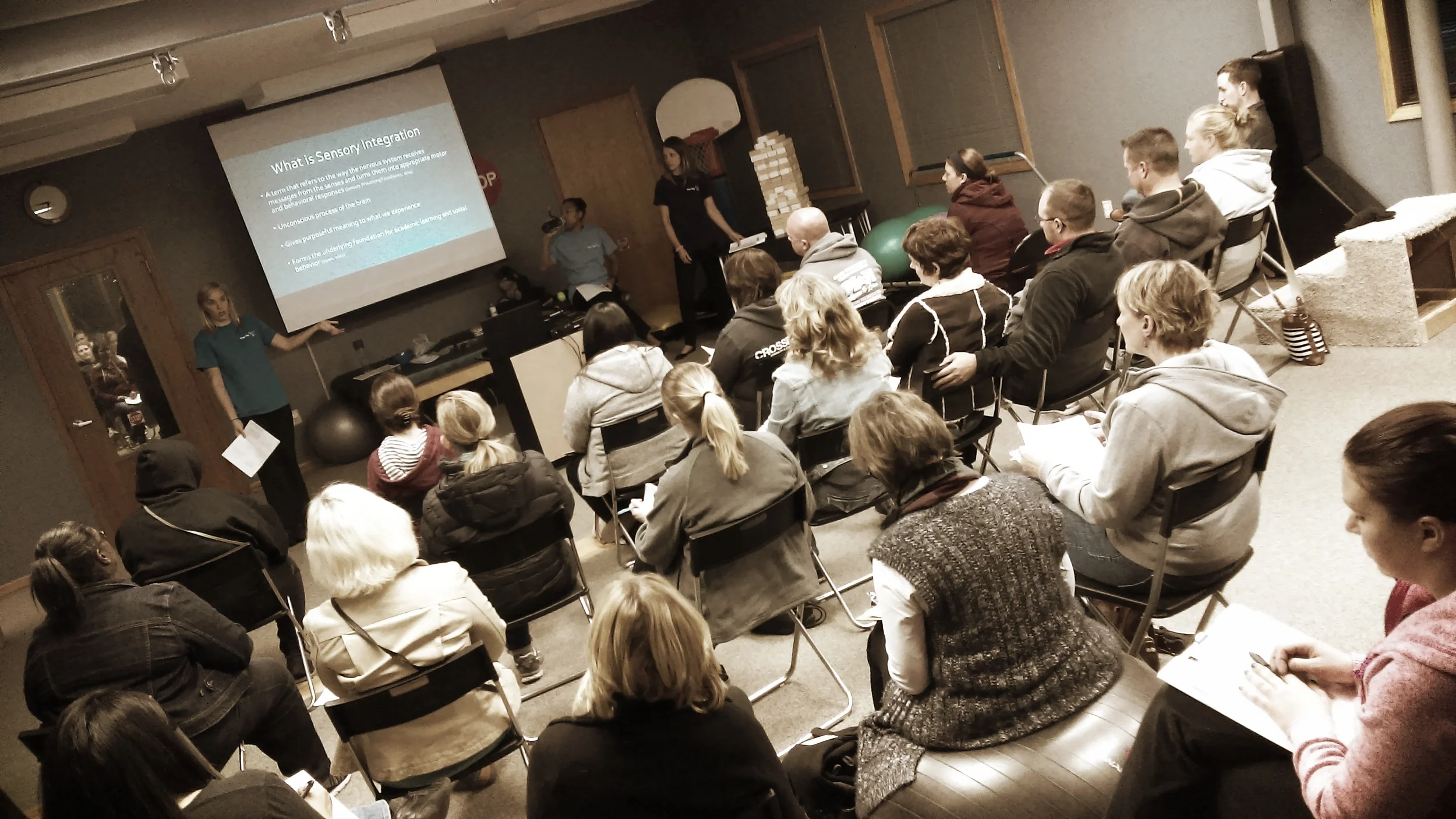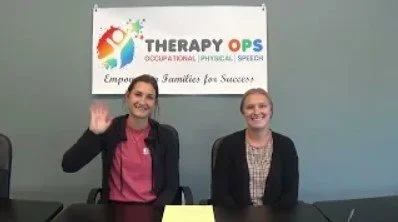In anticipation of the time change (falling back 1 hour) this weekend, here are some tips that can help you cope with the challenge of modifying bedtime routines:
1. Talk about the time change with your kids. Explain to them why it is suddenly dark during dinner and light while they get ready for school in the morning.
2. It is much easier to shift your child’s sleep schedule gradually than all at once. So, instead of putting your child to bed at their normal time (which is now an hour later than before), try shifting their bedtime slowly by 10-15 minutes a night starting on Thursday. This will help their sleep cycle and natural circadian rhythm slowly adjust.
3. Keep bedtime and naptime routines the same. Don’t have a bedtime routine? Work on creating one. Routines are important to help cue your child’s body to wind down and get ready for rest.
4. Encourage your child to do quiet calming activities prior to bed, such as reading, coloring, or playing with quiet toys and fidgets.
5. Limit screen time 1-2 hours before bedtime. Studies have found that blue light from screens interfere with the natural production of melatonin, which helps our body get sleepy and ready for rest.
6. Dim lights in your house 30 minutes prior to bedtime. The dimmed lighting promotes the production of melatonin.
7. Provide your child with lots of opportunities to move and be active during the day. When our kids get time to run around and play outside, it helps them to sleep better at night.
8. Be patient. It takes time for sleep cycles to adjust. It may take 1-2 weeks for your child’s body to get used to the new rhythm and get back to their usual sleep cycle.
#daylightsavings #bedtimeroutine #backtothefuture
Read More



















